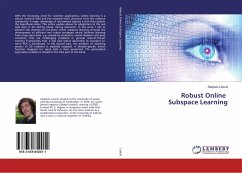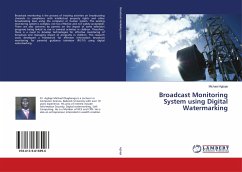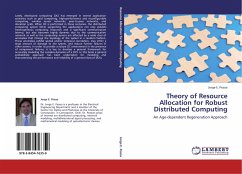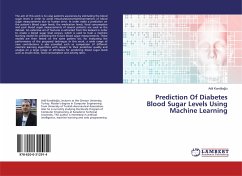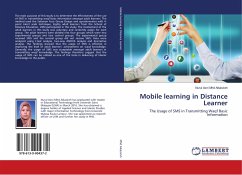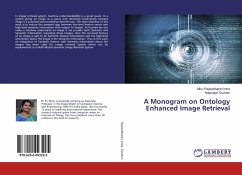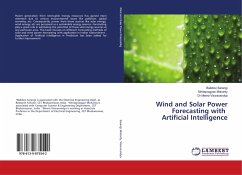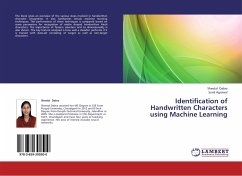With the increasing need for real-time applications, online learning is a vibrant research field and has received much attention from the research community. A major advantage of incremental systems is that they update the hypothesis online. This online update allows for adaptation to the real data seen in the testing phase, during execution. In this work, I aim to advance the theories of non-linear online subspace learning through the development of efficient and robust strategies which facilitate learning from noisy input data, e.g. caused by occlusions, casted shadows and pose variations, that are challenging problems in general state-of-the-art tracking frameworks. First, a fast and robust alternative to standard L2-norm PCA is introduced. In the second part, the problem of matching vectors of 3D rotations is explicitly targeted. A domain-specific kernel function designed for visual data is then presented. The generalized eigenvalue problem is studied in the final part of this book.
Bitte wählen Sie Ihr Anliegen aus.
Rechnungen
Retourenschein anfordern
Bestellstatus
Storno

